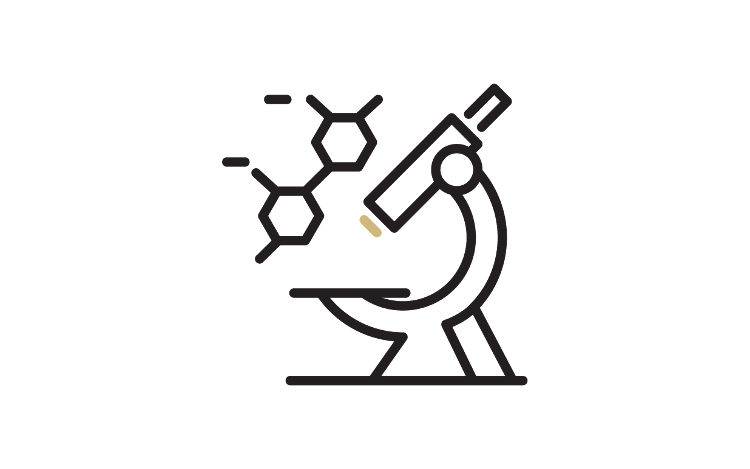Scientific Discovery/Assess Tech Potential

For two decades, the University of Colorado has fostered an entrepreneurial environment to bring technology to market.
Odio pellentesque diam volutpat commodo sed egestas egestas. Gravida cum sociis natoque penatibus et. Scelerisque fermentum dui faucibus in ornare quam viverra orci sagittis. Ridiculus mus mauris vitae ultricies leo. In aliquam sem fringilla ut. Convallis tellus id interdum velit laoreet id.
CU Innovations furthers this entrepreneurial mission by facilitating technology transfers from university research. This includes starting companies, licensing technology, and publishing research.
Starting a company involves a detailed assessment of the invention’s potential, including commercial and technical value, inventor interest, investment opportunities, deployment options, and patentability. CU Innovations supports inventors by providing business and technical expertise in exchange for equity.
Licensing is another method to commercialize technology. The inventor collaborates with CU Innovations from patent protection to transferring the invention to the licensee. CU Innovations uses its industry relationships to match inventions with potential commercial partners.
CU Innovations also promotes the use of Creative Commons and open-source licensing to advance research and knowledge. The office advises on copyrighting works and software while ensuring clear rights for users and collaborators.
The University of Colorado is dedicated to fostering entrepreneurship to bring technology to market. CU Innovations facilitates the creation of startup companies based on CU Anschutz technology.
The startup process occurs after an initial technology assessment, this includes evaluating the invention’s commercial and technical value. Additional factors included in the technology assessments are the inventor’s interest, identification of a business champion, deployment options in place for the technology, potential for investment, and conflict of interest (COI) management.
When deciding to start a company, CU Innovations develops an IP protection strategy and forms an advisory group of experts that help determine the company’s feasibility and the team’s involvement level. Once the startup team is formed, CU Innovations negotiates with the lead businessperson to secure IP rights for the new company.
Our publication "Starting a Start-up: Successfully Managing the Dynamics of a New Company" contains detailed information on the start-up process and important legal and business considerations, as well as additional resources to help start-ups start right.
The State of Colorado provides proof-of-concept programs to help mature university technologies.
CU Innovations also works closely with the Innovation Center of the Rockies to bring the knowledge of domain experts to bear in shaping commercialization plans for university technologies.
The role of CU Innovations is to facilitate licensing transactions. Our team stays abreast of evolving practices in licensing through conferences, trainings, and personal networks. Each step in the licensing process is critical and follows a timeline that depends on many factors, some dependent on the inventor, some on the licensing office, and some on the commercial partner. Our highly skilled professionals are adept at understanding the interests and motivations of the investigators and the industry partners and creating a win-win relationship to translate an innovation to a product or service.
Technology transfer involves more than a license to a patent; it means moving the technology from the inventor’s laboratory into the licensee’s laboratory. This "hands-on" process involves the conveyance of know-how and technical ability more than a written description of experimental results. The inventor must be actively involved in all stages of the process. If CU Innovations doesn't immediately identify potential licenses but sees commercial potential in an invention, they will decide to pursue patent protection and will partner with the inventor to draft a non-confidential description of the invention.
(Source: Licensing Technology, CU cuanschutz.edu)
The primary ways that university research makes impact is through publication in the open literature and training of students. The Creative Commons and open source licensing are legal tools that can be applied to copyrighted works and software to provide clear rights to users and collaborators. CU Tech Transfer is supportive of open source software release, and can provide advice on appropriate tools.
Resources: